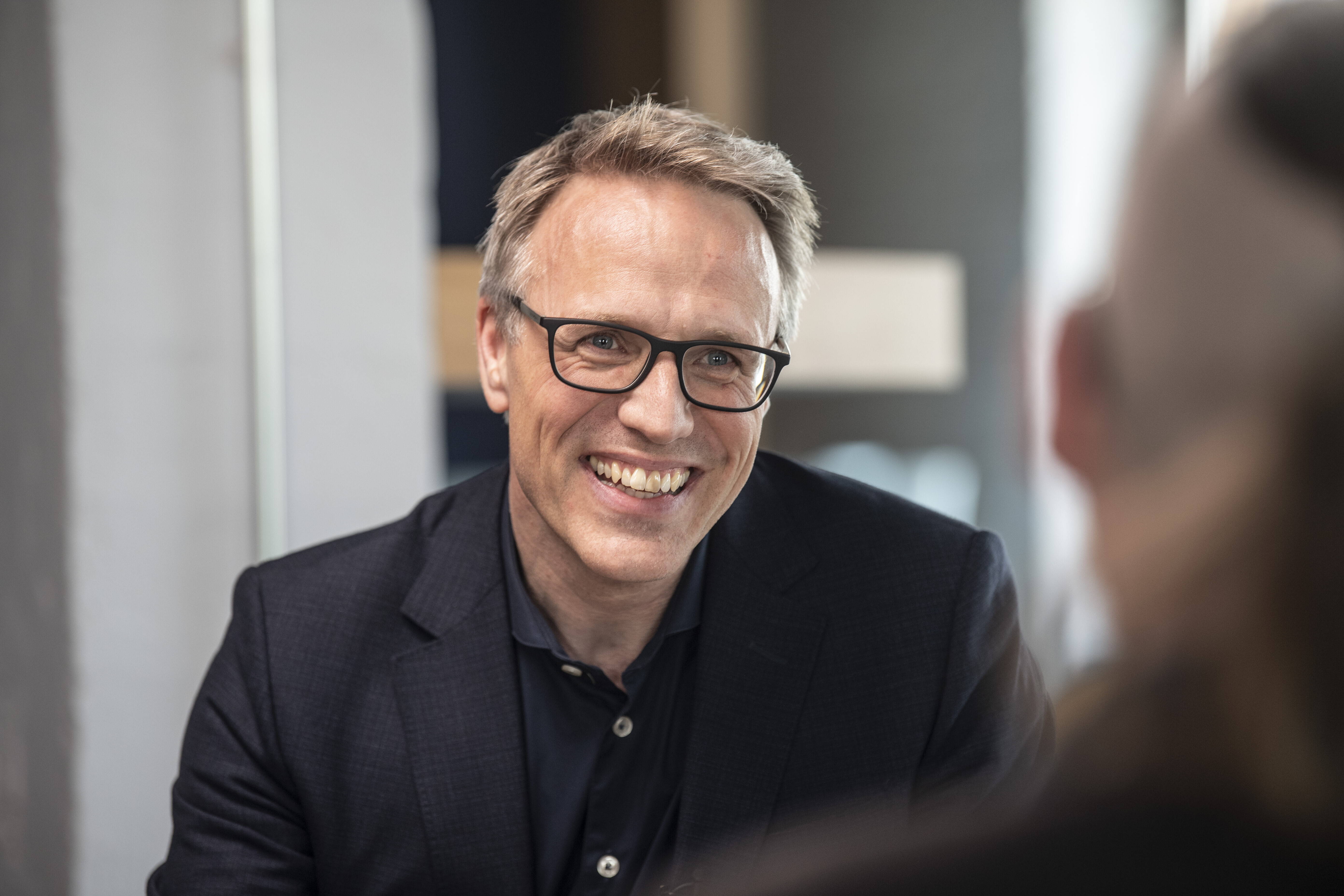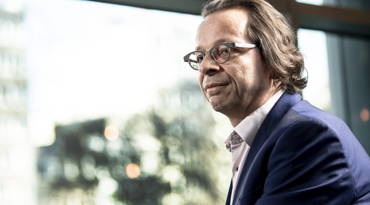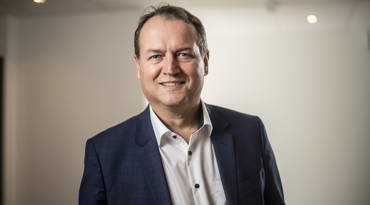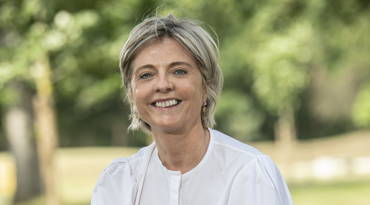A recent economic impact study of Nyrstar’s activities showed that the zinc producer contributes 471 million euros a year to the Belgian economy. The study carried out by Ecorys also underlines the fact that everyone will win if this branch of the industry can remain active in Europe. A conversation with Steven Vaelen, General Manager of Nyrstar Belgium: ‘There would be little merit in importing zinc products from countries that attach less value to ESG (environment, social and governance).’
A contribution of nearly half a billion euros a year to the Belgian economy. How was that calculated?
‘That is the total of our direct expenditure, including capital expenditure, corporation tax, operating costs and related expenditure, on the one hand. And our indirect expenditure, such as the effects of the supply chain but also the consumer spending of our employees, on the other hand. That gives a combined total of 471 million euros. We also employ a total of 1,750 people directly and indirectly via our business activities. We have 650 people on our payroll and approximately 1,100 people work via or for us as contractors, suppliers or service-providers.’
How would you describe the strategic importance to the European metal industry of the Nyrstar sites in Balen and Pelt in Belgium, Budel in the Netherlands and Auby in France?
‘Our products fulfil a key role in the energy transition. A 10-megawatt wind turbine contains 4 tons of zinc. A solar panel farm with the same capacity contains as much as 24 tons of zinc. One of the most important applications for which zinc is used is galvansing: protecting steel
against corrosion and making the lifespan of that steel twelve times longer.
But zinc is also used in a lot of other applications such as electric cars and stationary zinc batteries. In addition, a lot of other indispensable metals such as copper, cobalt, nickel, lead, silver, gold and indium are released during the mining of zinc. Like germanium and gallium, two critical metals for the production of microchips, for example. We are planning to extract these two latter metals from zinc ore very soon via a project in the US. We are hoping to be able to do the same in Europe too in the near future. But without support form the government, there is too much of an economic risk associated with this at the moment.'
What role does innovation and sustainability play in Nyrstar’s operations?
'One of the biggest projects we are currently working on is to expand and utilise our electrolysis as a virtual battery. This would enable us to tailor our production processes and production capacity entirely to the availability of solar, wind and other renewable energy
If the price of electricity goes up 1 euro, our costs go up 1 million euros.
Steven Vaelen,
General Manager at Nyrstar
and other renewable energy sources. When there is a lot of wind and sunshine, when there is less demand and electricity prices in general are low, we would produce more. When there is not much sunshine or wind and demand is high, we would scale back on production. That would make a huge difference.
Our annual consumption is approximately 1.5 per cent of the total electricity in Belgium which amounts to 1 terawatt hour per annum. If the price of electricity goes up 1 euro, our costs go up 1 million euros. If we produce at lower prices, we become more competitive.'

1,750 jobs Nyrstar directly and indirectly provides 1,750 jobs, of which 650 are on its own payroll and 1,100 are with contractors, suppliers or service providers.
‘But the virtual battery is also good for society. By producing less or not at all at peak consumption times when the total demand is high, then the price of electricity will also be lower for all consumers. This will also mean that a gas- or coal-fired power plant would not have to operate as much. So we could indirectly prevent 200,000 tons of CO2 emissions per annum. If there is an abundance of solar and wind energy, we can just use more. This will mean that solar or wind farms will not need to be shut down as often. It is also a solid business case for energy producers who invest in sustainable energy generation.'
'A final benefit is that our virtual battery will also counteract network congestion which will mean that Elia will not have to invest as much in balancing the grid. We are hoping to implement the virtual battery as soon as possible.’
Our production processes are already fully electrified. We are true pioneers in that field.
Steven Vaelen,
General Manager at Nyrstar
In what ways is your company anticipating the challenges of climate change and what measures are being taken to reduce CO2 emissions?
‘Our production processes are already fully electrified. We are true pioneers in that field. That makes direct CO2 emissions from our sites incredibly low. Naturally, we use a lot of electricity but in Balen and Lommel we have the
biggest solar farm in the country at our site and we generate electricity using wind turbines. Finally, some of our zinc production comes from recycling, which means that we don’t have to mine any new feedstock. Zinc can be endlessly recycled, without any loss of quality.’
How does your company manage other natural resources such as water during the production process?
‘At our two Belgian sites, in Balen and Pelt, we have groundwater purification plants. We use these to pump up historically contaminated water from the ground so that it can then be used as process water. That water is then purified before it is discharged. What’s more, the water that ends up in the river after processing gets purer and purer every year. The metal and salt content gets lower and lower each time.’


